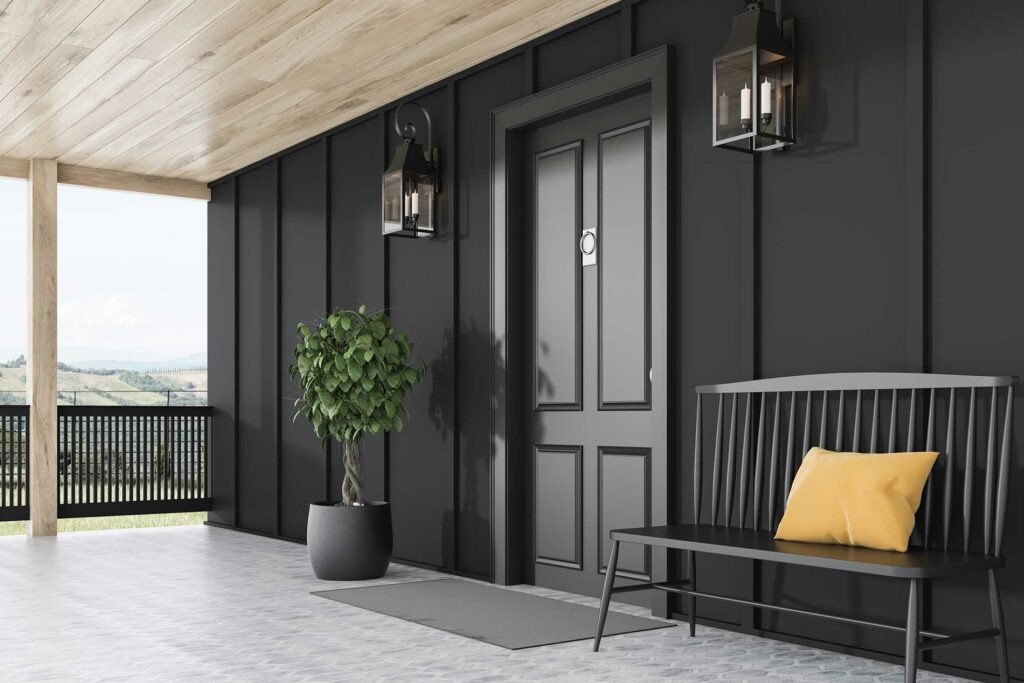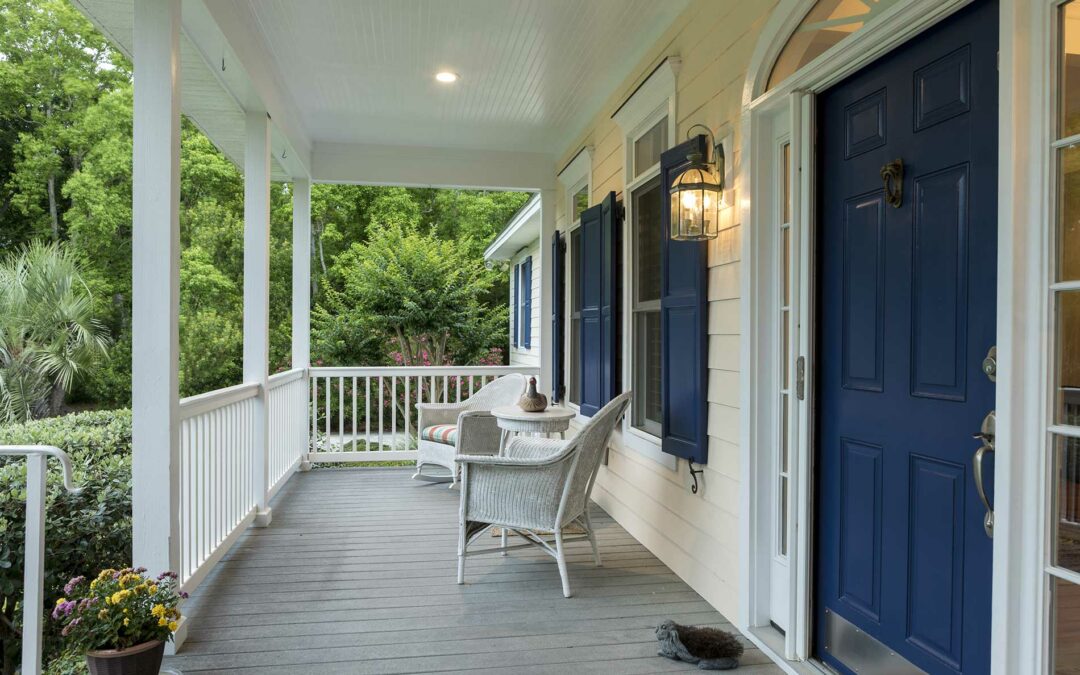Most people are aware that fiberglass is used for the backboards in the NBA, but did you know it’s also used in exterior doors? Fiberglass is made up of a filler (glass, quartz) and a binder (thermosetting and thermoplastic polymers). The final composite material has the properties of low thermal conductivity (like wood), high strength (like steel), with moisture, bacteria and weather resistance. When compared to similar steel and wood doors, fibreglass will weigh 2–3 times less.
Advantages of Fiberglass doors
Because of their attractiveness and durability, fiberglass entry doors are the first choice for most people building or renovating their home. These doors, which come with a grain that resembles different types of wood, do not shift or warp like wooden doors might. At Trademark Glassworks, we highly recommend these for your next home project.
- Relatively inexpensive and readily available
- Resistant to corrosion and excellent in all weather conditions
- Light and strong, and energy-efficient
- Paintable
- Come in many attractive styles
Other Considerations
The following are to be considered when planning your project:
Cost: High-quality fiberglass doors tend to be more expensive than traditional wooden or steel doors
Wear: If you use a clear coat or stain on a fiberglass door in a place affected by sun or weather, you may see fading over time, especially when it isn’t applied properly. When refinishing a fiberglass door, properly preparing the surface; otherwise, bubbles in the paint will form.
Grain: Check the grain looks real – you may need to pay more. Cheap fibreglass doors have poor grain effects.

Visit Our Showroom
Any concerns you might have about going with a fiberglass door can be easily resolved by purchasing from manufacturers with a good track record. At Trademark Glassworks, we stand by our doors made by Masonite and Milgard. Call us today for showroom hours!


